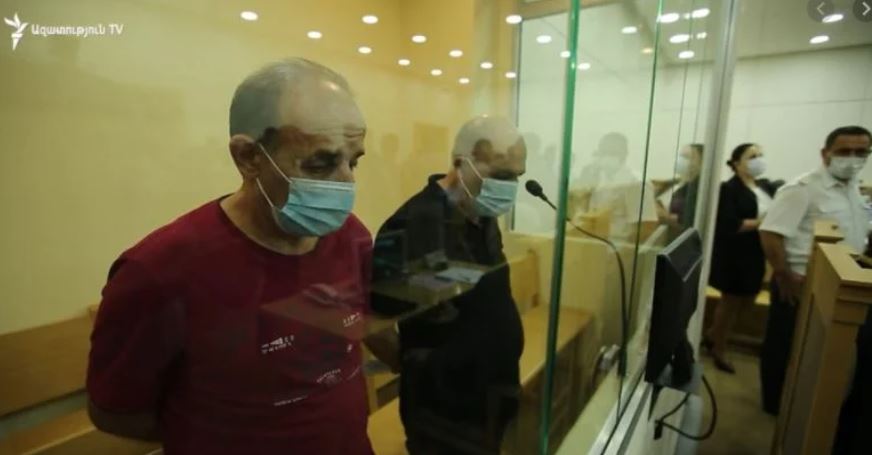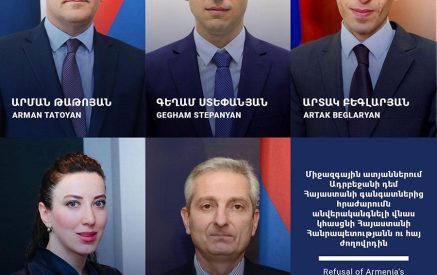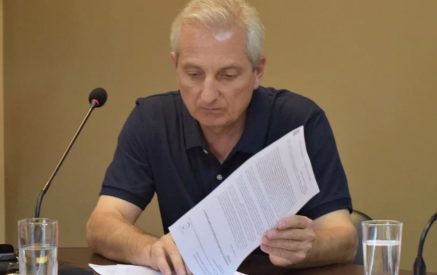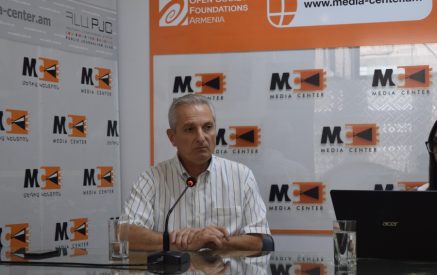During an online discussion about the trial of two Armenian prisoners of war in Baku on Wednesday, a question arose of whether there is any information on what they are accused of, what evidence was used to support this accusation, and what the facts and grounds are of the criminal case. Liana Karazyan, the acting head of the Department for Representation of State interests before the ECHR, responded that they had not received clear information via the ECHR from Azerbaijan about these two individuals. “It is more so the general policy pursued by them, which gives general formulations. Illegal border crossings are often mentioned, as well as the formation of terrorist groups. But what exactly Ludwig Mkrtchyan and Alyosha Khosrovyan have been accused of is unknown to us in this regard as well.”
In response to the same questions, the adviser to the Human Rights Defender of Armenia, Sergey Ghazinyan, said that the source is essentially the same and they have the same amount of information as their colleagues do. “We have received information from media monitoring, according to which they are accused of torturing Azeris during the first Artsakh War, as well as illegal border crossings and terrorist activities. According to media reports, the number of victims is also more than a dozen. We also received information from their relatives. Naturally, we are not at all interested in the content of these accusations on the grounds that everyone should be returned regardless of the political manipulations made by Azerbaijan. All civilian and military captives currently in Azerbaijan must be returned for several reasons,” he said.
To add to this, Ara Ghazaryan listed the obvious violations of human rights that Azerbaijan has committed during this and previous trials. “All evidence obtained in such circumstances is already considered unreliable and dubious. We cannot talk about competitive litigation and equality under the law. When these cases are sent to the European court, they will want criminal cases, too. Azerbaijan knows this very well. And when we read the criminal cases, what we will see will not be seen in the materials for the case. In other words, the publicity of the case was violated to provide them the opportunity to prepare for a long time, to find the desired lawyer, and several other violations. But the fact that they have already been detained incommunicado already calls the whole trial into question,” the international law expert said.
Ashot Hakobyan

























































